Second Stimulus Check Update: HEALS Act vs. CARES Act
When compared to first-round payments, the new Republican stimulus check proposal expands and protects payments for some people, but it shuts the door on payments for others.

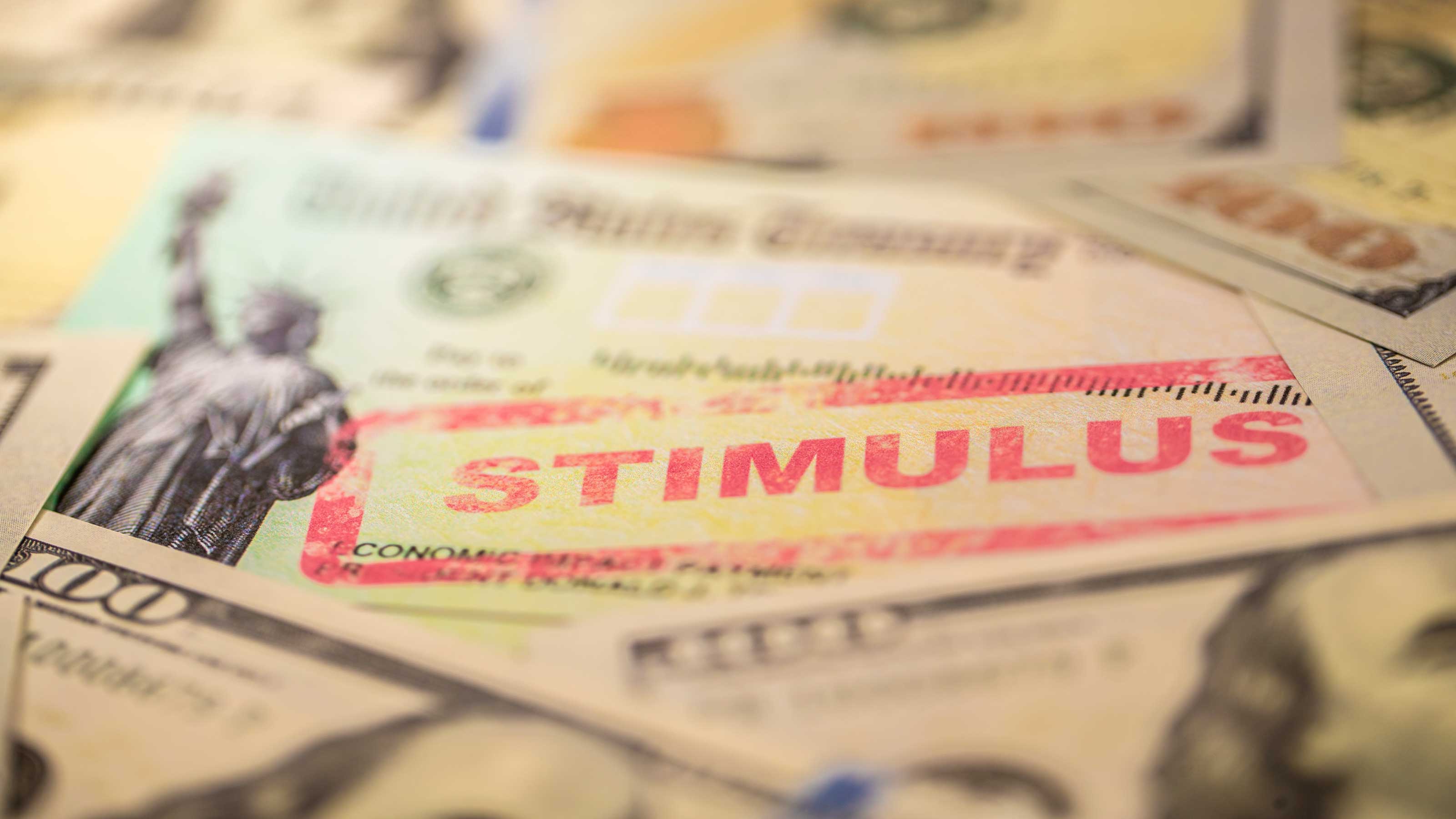
Profit and prosper with the best of Kiplinger's advice on investing, taxes, retirement, personal finance and much more. Delivered daily. Enter your email in the box and click Sign Me Up.
You are now subscribed
Your newsletter sign-up was successful
Want to add more newsletters?

Delivered daily
Kiplinger Today
Profit and prosper with the best of Kiplinger's advice on investing, taxes, retirement, personal finance and much more delivered daily. Smart money moves start here.

Sent five days a week
Kiplinger A Step Ahead
Get practical help to make better financial decisions in your everyday life, from spending to savings on top deals.

Delivered daily
Kiplinger Closing Bell
Get today's biggest financial and investing headlines delivered to your inbox every day the U.S. stock market is open.

Sent twice a week
Kiplinger Adviser Intel
Financial pros across the country share best practices and fresh tactics to preserve and grow your wealth.

Delivered weekly
Kiplinger Tax Tips
Trim your federal and state tax bills with practical tax-planning and tax-cutting strategies.

Sent twice a week
Kiplinger Retirement Tips
Your twice-a-week guide to planning and enjoying a financially secure and richly rewarding retirement

Sent bimonthly.
Kiplinger Adviser Angle
Insights for advisers, wealth managers and other financial professionals.

Sent twice a week
Kiplinger Investing Weekly
Your twice-a-week roundup of promising stocks, funds, companies and industries you should consider, ones you should avoid, and why.

Sent weekly for six weeks
Kiplinger Invest for Retirement
Your step-by-step six-part series on how to invest for retirement, from devising a successful strategy to exactly which investments to choose.
The Senate Republicans have finally introduced their latest economic stimulus package. They call it the Health, Economic Assistance, Liability Protection, and Schools Act – or HEALS Act for short. The package's price tag is around $1 trillion, which is about $2 trillion less than the HEROES Act that was passed by the Democratic-controlled House of Representatives in May. Negotiations are now underway to craft a plan that both Democrats and Republicans can support and pass.
As expected, the HEALS Act calls for another round of stimulus check payments. In fact, the direct payments to Americans that the new legislation would authorize are almost the same as the first-round stimulus check payments issued under the CARES Act…but there are some important differences. (Note that the HEROES Act would also authorize a second round of stimulus payments.)
For some people, the HEALS Act would provide more money than the CARES Act. It would also better protect stimulus payments from creditors. On the other hand, some people are completely denied payments under the new proposal. Let's take a closer look at how stimulus checks under the HEALS Act would differ from the payments issued under the CARES Act.

People with Dependents Could Get More Money
As with the CARES Act, every qualified American would start with a $1,200 economic stimulus payment if the HEALS Act proposal is enacted. In addition, families would get an extra $500 for each dependent.
This is more generous than what the CARES Act offered. With first-round payments, the additional $500 was only sent to families with children who are 16 years old or younger. The HEALS Act expands the additional payment to older dependents as well. So, for instance, parents would get an extra $500 for each high school student 17 years of age or older and college students age 23 or younger. They would also get the additional payment elderly parents living with their adult children.
As an example, a married couple with one child in middle school and a 21-year-old child in college could get as much as $3,400 under the HEALS Act. Under the CARES Act, that same family received no more than $2,900.
People with incomes over a certain threshold level would still see their stimulus checks reduced under the HEALS Act. For single people, married people filing a separate tax return, and qualifying widow(er)s, payments would be gradually reduced to zero if they have an adjusted gross income (AGI) above $75,000. Married couples who file a joint tax return would see their checks lowered if their AGI exceeds $150,000. Head-of-household filers would start losing stimulus money if their AGI exceeds $112,500.

Dead People Wouldn't Get Checks (or at Least Not as Many)
One quirk in the way first-round stimulus checks were processed was that the IRS sent checks to some deceased people. There should be much less of that for second-round payments if the HEALS Act provisions are adopted. That's because the law would specifically exclude people who died before January 1, 2020, from the list of eligible recipients.
The HEALS Act would also retroactively declare people who died before 2020 to be ineligible for first-round stimulus payments. As a result, any previous payments sent for dead people who, by law, have to be returned by the deceased person's heirs or estate. (The IRS has already provided procedures for returning first-round checks…see What to Do If You Get a Stimulus Check for a Deceased Person.)

People in Prison Wouldn't Get Checks, Either
The CARES Act was not clear as to whether people in jail were eligible to receive a stimulus check. The HEALS Act is crystal clear – no stimulus check would be sent to any person in prison at the time the IRS processes the payment. In addition, any person in prison for all of 2020 is not eligible to claim a recovery rebate tax credit on their 2020 tax return.
These restrictions would also be retroactively applied to the first-round checks sent under the CARES Act. As with payments to deceased people, checks sent to people in jail or prison would have to be returned (see Do People in Jail Get a Stimulus Check?).

Garnishment of Stimulus Checks Would be Prohibited
One big problem with the CARES Act stimulus checks is that there was nothing in the law preventing banks from grabbing direct deposit payments and handing the money over to the account holder's creditors. The HEALS Act would take care of this problem. Second-round payment would be protected from bank garnishment or levy by private creditors or debt collectors. The IRS would also have to encode direct deposit payments so that banks know they cannot be garnished. These protections would also apply to any CARES Act payments yet to be made.
As with first-round stimulus checks, second-round payments under the HEALS Act would generally not be subject to reduction or offset to pay back taxes or other debts owed to the federal or a state government. However, if you owe child support, the IRS could grad your second-round stimulus check to pay arrears (as it could with first-round checks).
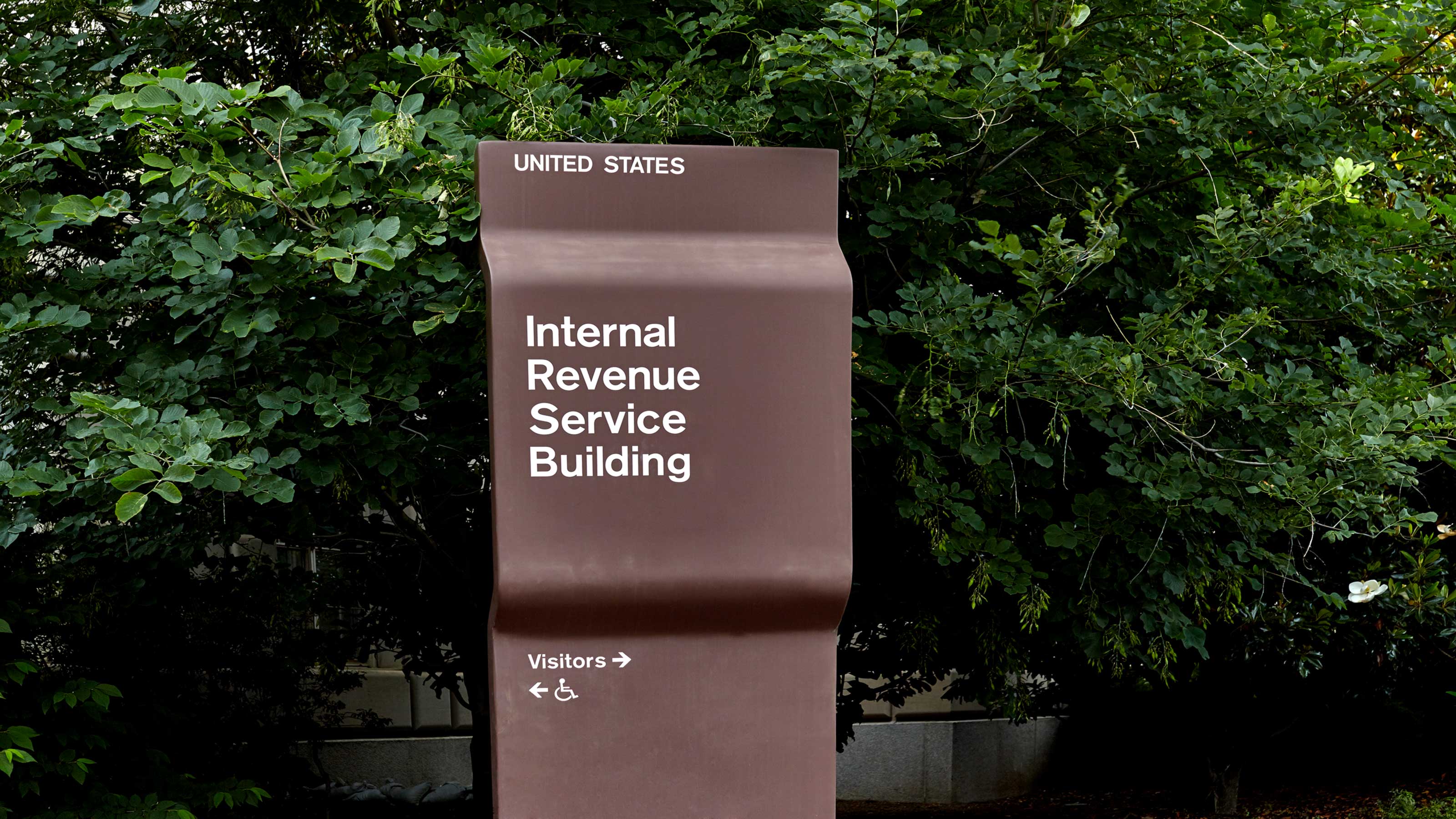
The IRS Could Coordinate Better with the SSA and Other Government Agencies
The HEALS Act would adopt the same general approach used in the CARES Act for obtaining the information necessary to calculate and process stimulus check payments. Basically, the IRS would first go to your 2019 tax return to get the information. If you haven't filed a 2019 return yet (e.g., you requested an extension until October 15), they will look at your 2018 return. But it gets tricky if you didn't file either a 2018 or 2019 return.
Like the CARES Act, the HEALS Act would allow the IRS to pull information from a taxpayer's annual benefits statement from the Social Security Administration (SSA) or Railroad Retirement Board (RRB). However, the HEALS Act would go even further. It would authorize the IRS to work more closely with the SSA, RRB, and the Department of Veterans Affairs to automatically determine and make payments to certain government benefit recipients. This is what the IRS ultimately did to get out first-round checks to these beneficiaries, but it took a while and was a difficult process at first.

More Methods of Payment Would be Available
The CARES Act authorized electronic payments (i.e., direct deposit) into a bank account provided on a 2018 or 2019 tax return for tax refund payment purposes. While the IRS ultimately started sending out debit cards, that wasn't authorized by the CARES Act.
Like the CARES Act, the HEALS Act allows direct deposit payments to bank accounts used to pay tax refunds from 2018 and 2019 returns. However, because not everyone gets a refund, the HEALS Act would also authorize electronic payments to accounts from which tax payments were made after 2017. So, for example, if you owed tax last year and paid the amount electronically from your bank account when you filed your tax return, the IRS could directly deposit your second stimulus check into that account. The same rules would apply if you made electronic estimated tax payments from your account.
The HEALS Act would also permit payment to a Direct Express debit card account, a U.S. Debit Card account, or other Treasury-sponsored account. Again, the IRS did mail out debit cards for first-round payments, but they would actually be authorized to do so for second-round payments under the HEALS Act, and they would have more options with regard to card-based payments.
Profit and prosper with the best of Kiplinger's advice on investing, taxes, retirement, personal finance and much more. Delivered daily. Enter your email in the box and click Sign Me Up.
Rocky Mengle was a Senior Tax Editor for Kiplinger from October 2018 to January 2023 with more than 20 years of experience covering federal and state tax developments. Before coming to Kiplinger, Rocky worked for Wolters Kluwer Tax & Accounting, and Kleinrock Publishing, where he provided breaking news and guidance for CPAs, tax attorneys, and other tax professionals. He has also been quoted as an expert by USA Today, Forbes, U.S. News & World Report, Reuters, Accounting Today, and other media outlets. Rocky holds a law degree from the University of Connecticut and a B.A. in History from Salisbury University.
-
 Dow Leads in Mixed Session on Amgen Earnings: Stock Market Today
Dow Leads in Mixed Session on Amgen Earnings: Stock Market TodayThe rest of Wall Street struggled as Advanced Micro Devices earnings caused a chip-stock sell-off.
-
 How to Watch the 2026 Winter Olympics Without Overpaying
How to Watch the 2026 Winter Olympics Without OverpayingHere’s how to stream the 2026 Winter Olympics live, including low-cost viewing options, Peacock access and ways to catch your favorite athletes and events from anywhere.
-
 Here’s How to Stream the Super Bowl for Less
Here’s How to Stream the Super Bowl for LessWe'll show you the least expensive ways to stream football's biggest event.
-
 States That Tax Social Security Benefits in 2026
States That Tax Social Security Benefits in 2026Retirement Tax Not all retirees who live in states that tax Social Security benefits have to pay state income taxes. Will your benefits be taxed?
-
 Ten States with the Lowest Sales Tax in 2025
Ten States with the Lowest Sales Tax in 2025Sales Tax Living in one of the lowest sales tax states doesn't always mean you'll pay less.
-
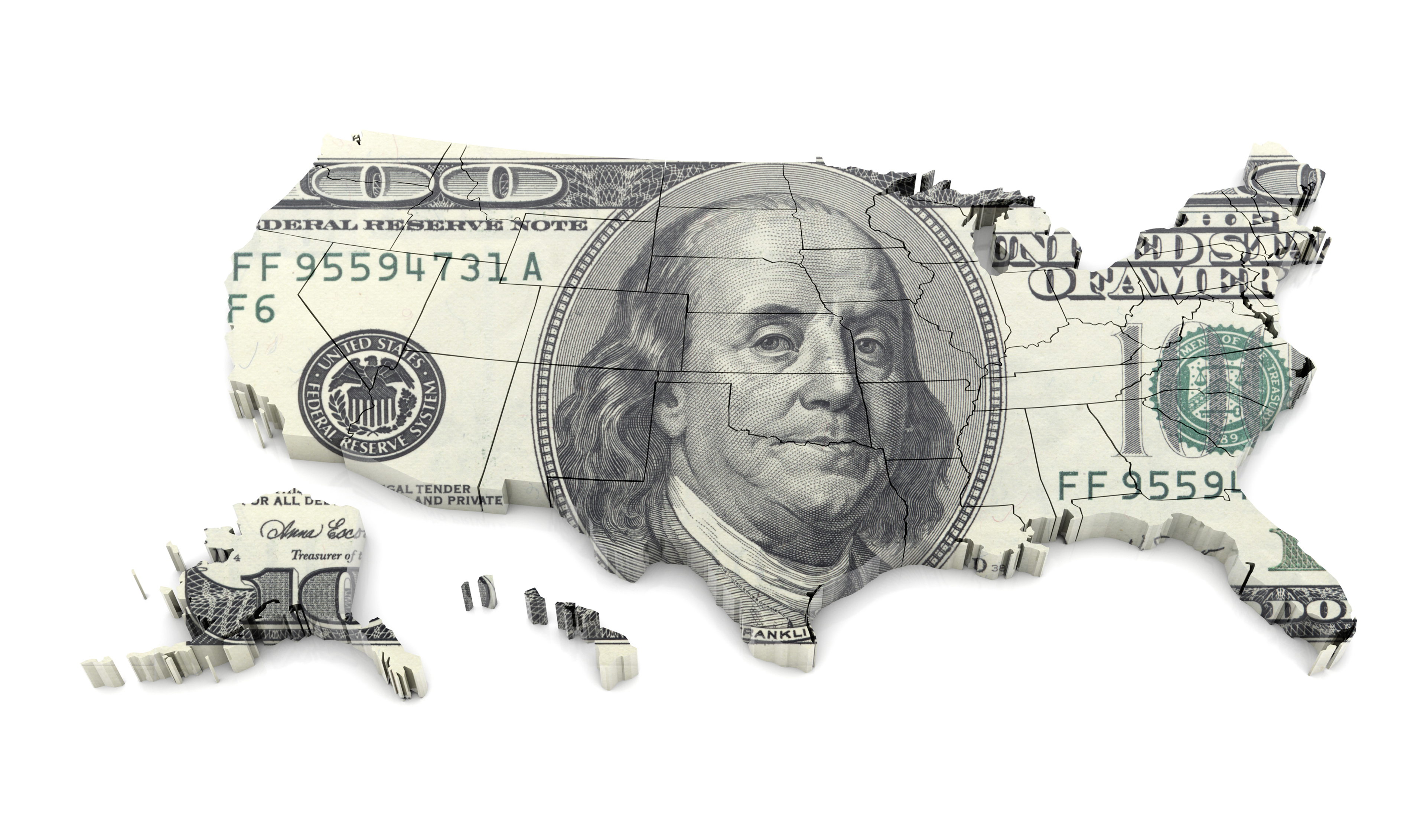 10 Least Tax-Friendly States for Middle-Class Families
10 Least Tax-Friendly States for Middle-Class FamiliesState Tax Here’s what living in one of the least tax-friendly states for middle-class families costs residents.
-
 Low-Tax States for 'Middle-Class' Families in 2026
Low-Tax States for 'Middle-Class' Families in 2026State Tax Here are the best states for families with middle incomes (due to low tax burdens).
-
 15 States That Tax Military Retirement Pay (and Other States That Don't)
15 States That Tax Military Retirement Pay (and Other States That Don't)retirement Taxes on military retirement pay vary from state-to-state. How generous is your state when it comes to helping retired veterans at tax time?
-
 5 Tax Deadlines for October 17
5 Tax Deadlines for October 17tax deadline Many taxpayers know that October 17 is the due date for filing an extended tax return, but there are other tax deadlines on this date.
-
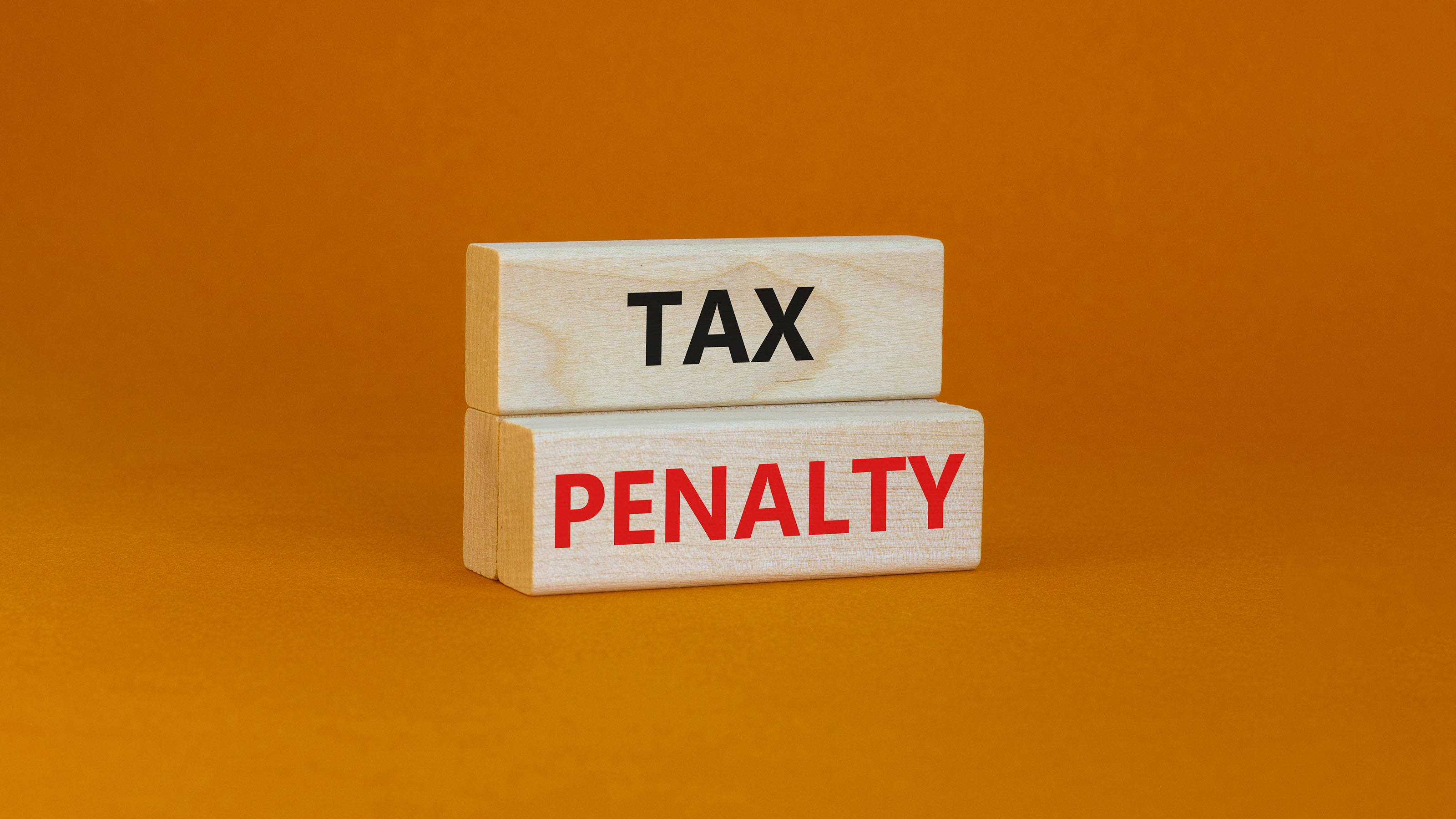 Penalties for Filing Your Tax Return Late
Penalties for Filing Your Tax Return Latetax deadline Stiff penalties await those who didn't file their return (or pay any tax owed) by the tax filing deadline.
-
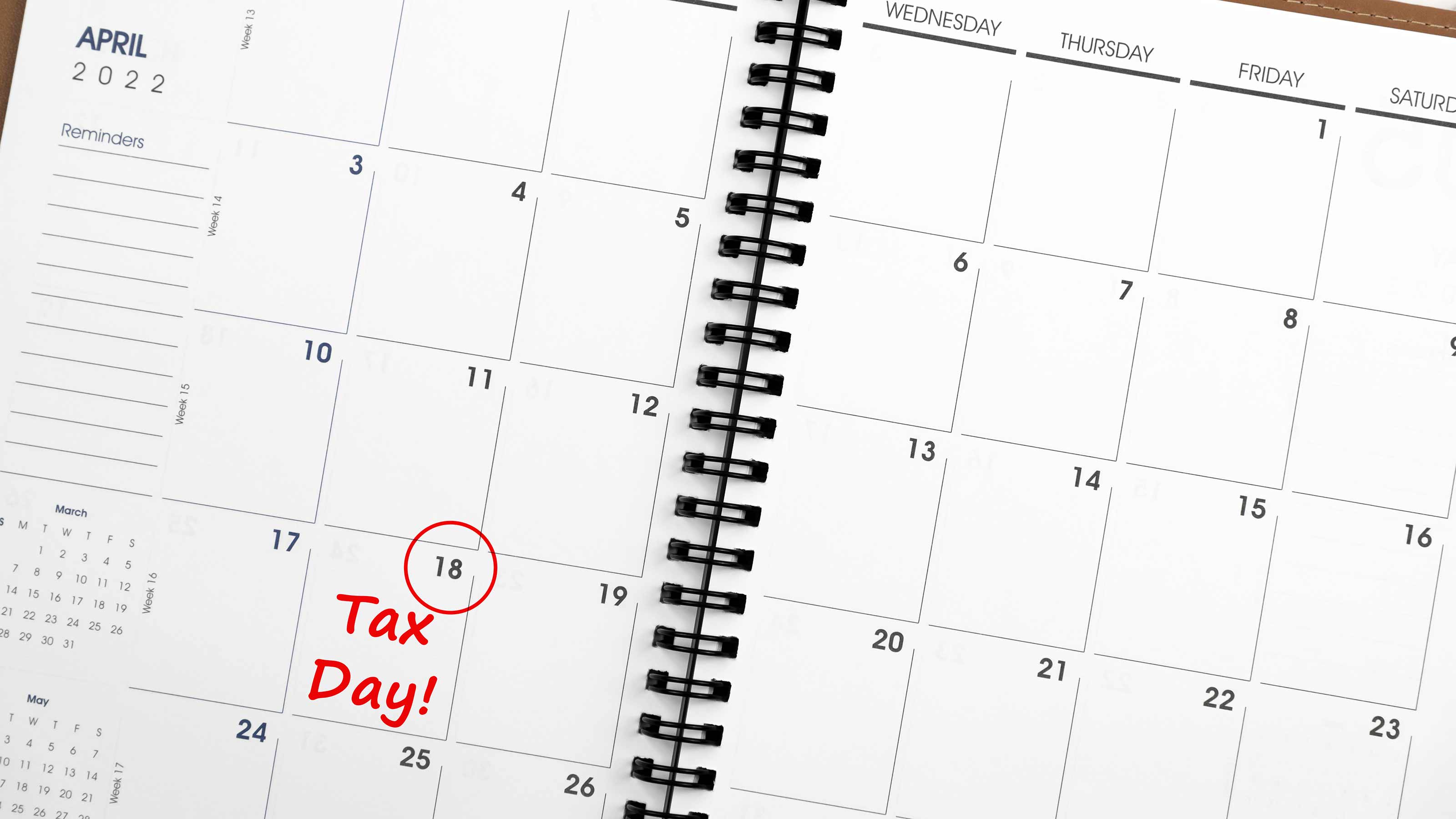 9 Tax Deadlines for April 18
9 Tax Deadlines for April 18tax deadline Between requesting a tax extension, making IRA or HSA contributions, and meeting other tax deadlines, there's more to do on Tax Day than just filing your federal income tax return.

